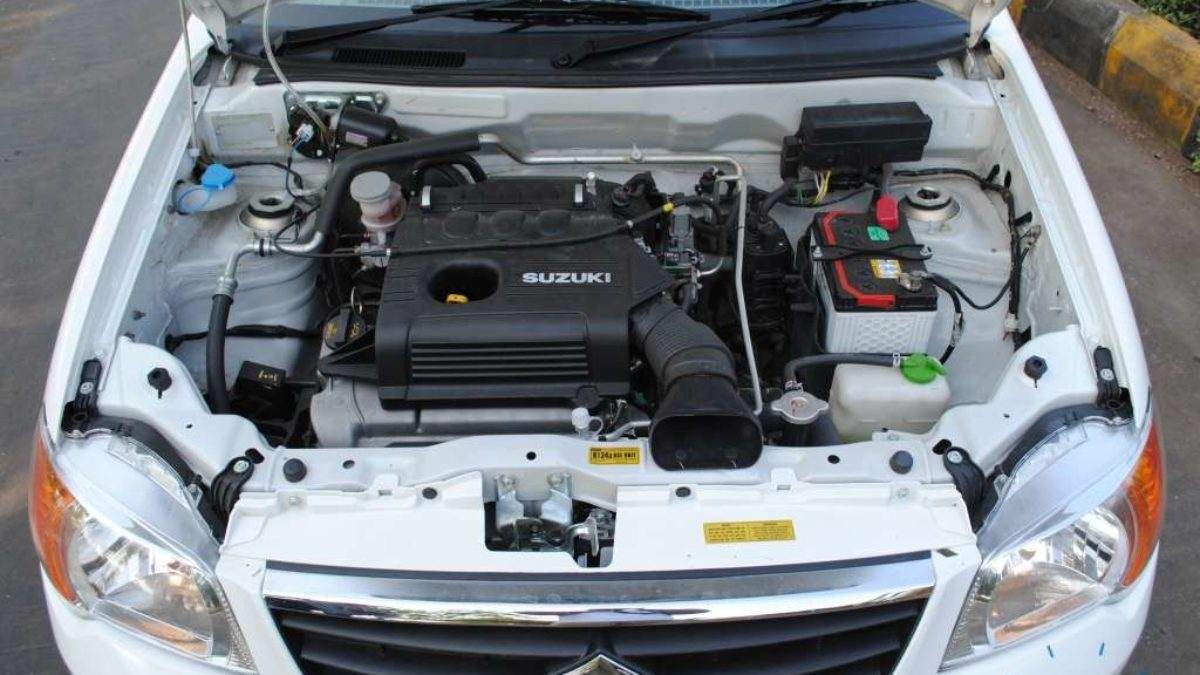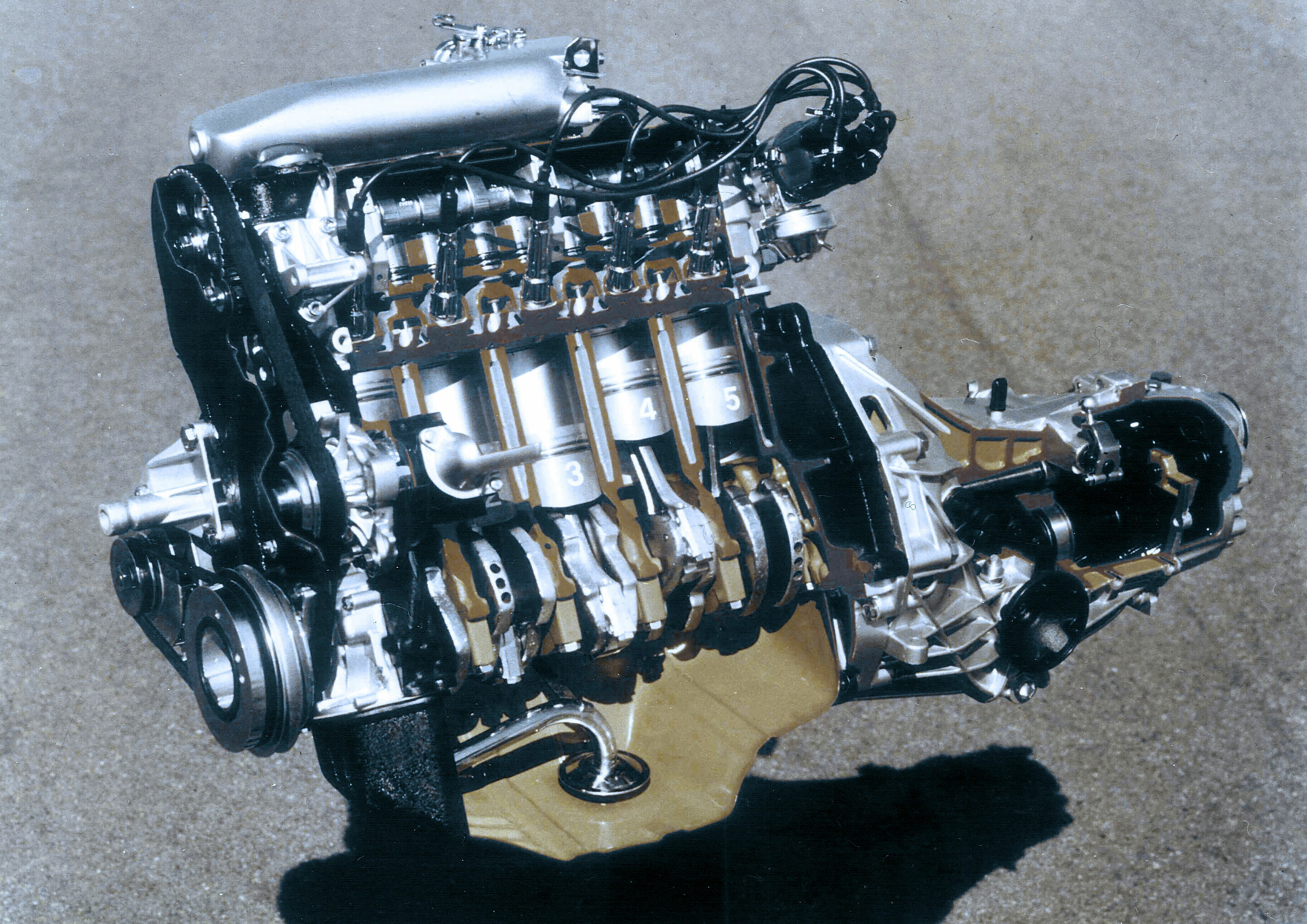Discover Top-Quality Engines for Africa at Our Trusted Auto Parts Store
Discover Top-Quality Engines for Africa at Our Trusted Auto Parts Store
Blog Article
The Effect of Cutting-edge Engine Technologies on Energy Effectiveness and Environmental Sustainability
In the world of transport and industrial equipment, the continual quest for boosted power efficiency and minimized environmental influence has led to considerable innovations in engine technologies. From the steady shift towards hybrid and electric systems to the integration of turbocharging for boosted performance, the landscape of engines is evolving rapidly. The utilization of alternative gas better expands the alternatives readily available for lasting power resources. These technologies not just assure a greener future yet also hold the potential to change the way we approach energy usage and environmental sustainability.
Advancement of Engine Technologies
The development of engine technologies over the decades has actually been marked by regular advancement and refinement in quest of improved performance and efficiency. From the very early days of internal burning engines to the innovative hybrid and electrical powertrains these days, the development of engine innovations has actually been driven by a relentless mission for improved fuel effectiveness and decreased emissions.
One significant milestone in this advancement was the development of turbocharging and direct injection systems, which considerably improved engine power output while improving gas efficiency. These modern technologies permitted smaller sized, a lot more light-weight engines that might deliver the efficiency of bigger ones without compromising on performance.
Additionally, improvements in materials scientific research have actually brought about the prevalent adoption of light-weight materials such as light weight aluminum and carbon fiber in engine building and construction. This has not only reduced total lorry weight but has actually also improved engine performance by minimizing power losses connected with inertia and friction.
Benefits of Electric and Hybrid Systems
With the growing emphasis on sustainability and energy effectiveness, what benefits do electrical and hybrid systems use in the realm of engine innovations? Electric and hybrid systems present countless advantages that add to a more energy-efficient and lasting future. Among the main advantages is the considerable reduction in greenhouse gas emissions contrasted to conventional inner burning engines. Electric automobiles create zero tailpipe emissions, causing enhanced air high quality and lowered environmental influence. Furthermore, electrical and hybrid systems are more energy-efficient, transforming a higher percentage of saved energy into propulsion contrasted to conventional engines. This effectiveness causes reduced energy intake and operating costs over the vehicle's lifetime. Electric lorries supply regenerative stopping systems that keep and record energy usually shed throughout braking, further enhancing power performance (engines for africa). Crossbreed systems integrate the advantages of electrical propulsion with the versatility of a burning engine, supplying expanded driving varieties and lowering range anxiousness for customers transitioning to electric automobiles. On the whole, hybrid and electrical systems play an essential role beforehand energy efficiency and environmental sustainability in the transportation field.
Turbocharging for Improved Efficiency
Cutting-edge engine modern technologies like electric and hybrid systems have paved the way for improvements in automobile efficiency, with turbocharging becoming a vital strategy for boosting general efficiency and sustainability. Turbocharging works by utilizing a turbine to require even more air into the burning chamber, enabling far better fuel burning and boosted check over here power outcome without a considerable increase in engine size. This process, referred to as forced induction, allows smaller sized, a lot more fuel-efficient engines to create power degrees comparable to bigger ones. By optimizing the performance of the burning process, turbocharged engines can attain improved fuel economic situation and reduced emissions, adding to environmental sustainability. In addition, turbocharging enhances engine responsiveness, giving motorists with a more dynamic driving experience. The prevalent fostering of turbocharged engines in both gas and diesel cars shows their effectiveness in balancing performance, efficiency, and ecological impact. As automobile producers proceed to refine turbocharging technology, its function in advertising power efficiency and sustainability in the transportation field is expected to grow further.
Taking Advantage Of Different Gas
Utilizing different gas provides an encouraging method for decreasing carbon exhausts and expanding the power sources made use of in transport. As the world makes every effort to battle climate modification and lower dependence on nonrenewable fuel sources, alternative fuels have gotten significant focus for their prospective ecological and financial benefits.
Biofuels, such as ethanol and biodiesel, are derived from sustainable resources like corn, sugarcane, and algae, using a cleaner burning option to standard gas and diesel. These fuels can be blended with existing petroleum fuels or used in specialized engines, providing a pathway to lower greenhouse Resources gas exhausts and improve air top quality.
In addition, hydrogen fuel cells have arised as an appealing innovation for zero-emission transport. engines for africa. By converting hydrogen gas right into electrical energy to power electric motors, gas cell vehicles produce just water vapor as a by-product, eliminating hazardous tailpipe discharges entirely
Along with reducing carbon emissions, alternative gas can also improve power security by expanding the gas mix and decreasing reliance on imported oil. Embracing different gas in transportation is a vital action towards accomplishing a more lasting and ecologically pleasant future.

Future potential customers and ecological advantages
Alternative gas, such as biofuels, hydrogen, and electrical power, offer considerable ecological benefits compared to conventional fossil gas. Additionally, different fuels can help diversify power resources, improving power protection and lowering dependence on limited sources.
The future leads for different gas in the transportation field are appealing. Improvements in modern technology remain to enhance the effectiveness and cost of different fuel cars, making them more easily accessible to consumers. Federal governments worldwide are likewise implementing policies to incentivize the fostering of different gas, further driving their development. As research study and advancement initiatives increase, the possibility for even greener and more lasting fuel choices enhances, leading the way for a cleaner and more ecologically friendly transportation market. By accepting alternative gas and innovative innovations, the path towards an extra lasting future comes to be increasingly attainable.

Conclusion
In important site verdict, cutting-edge engine modern technologies have played an essential duty in boosting power performance and promoting ecological sustainability. The development of engine modern technologies, adoption of electric and hybrid systems, application of turbocharging, and expedition of different fuels have all contributed to raising and lowering exhausts effectiveness.
In the realm of transport and commercial machinery, the constant pursuit for enhanced power efficiency and decreased ecological effect has led to considerable developments in engine innovations. Turbocharging jobs by making use of a generator to require even more air right into the burning chamber, allowing for better gas combustion and increased power output without a considerable rise in engine dimension. By making the most of the effectiveness of the burning process, turbocharged engines can attain enhanced gas economic situation and decreased exhausts, contributing to ecological sustainability. Alternative gas, such as biofuels, hydrogen, and electricity, offer considerable environmental advantages compared to traditional fossil fuels. The advancement of engine innovations, fostering of hybrid and electrical systems, utilization of turbocharging, and expedition of alternate gas have all added to boosting and lowering emissions performance.
Report this page